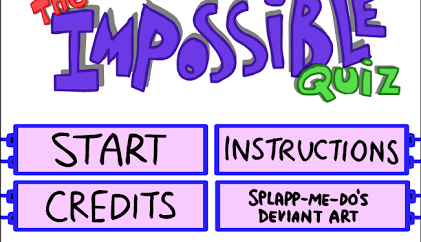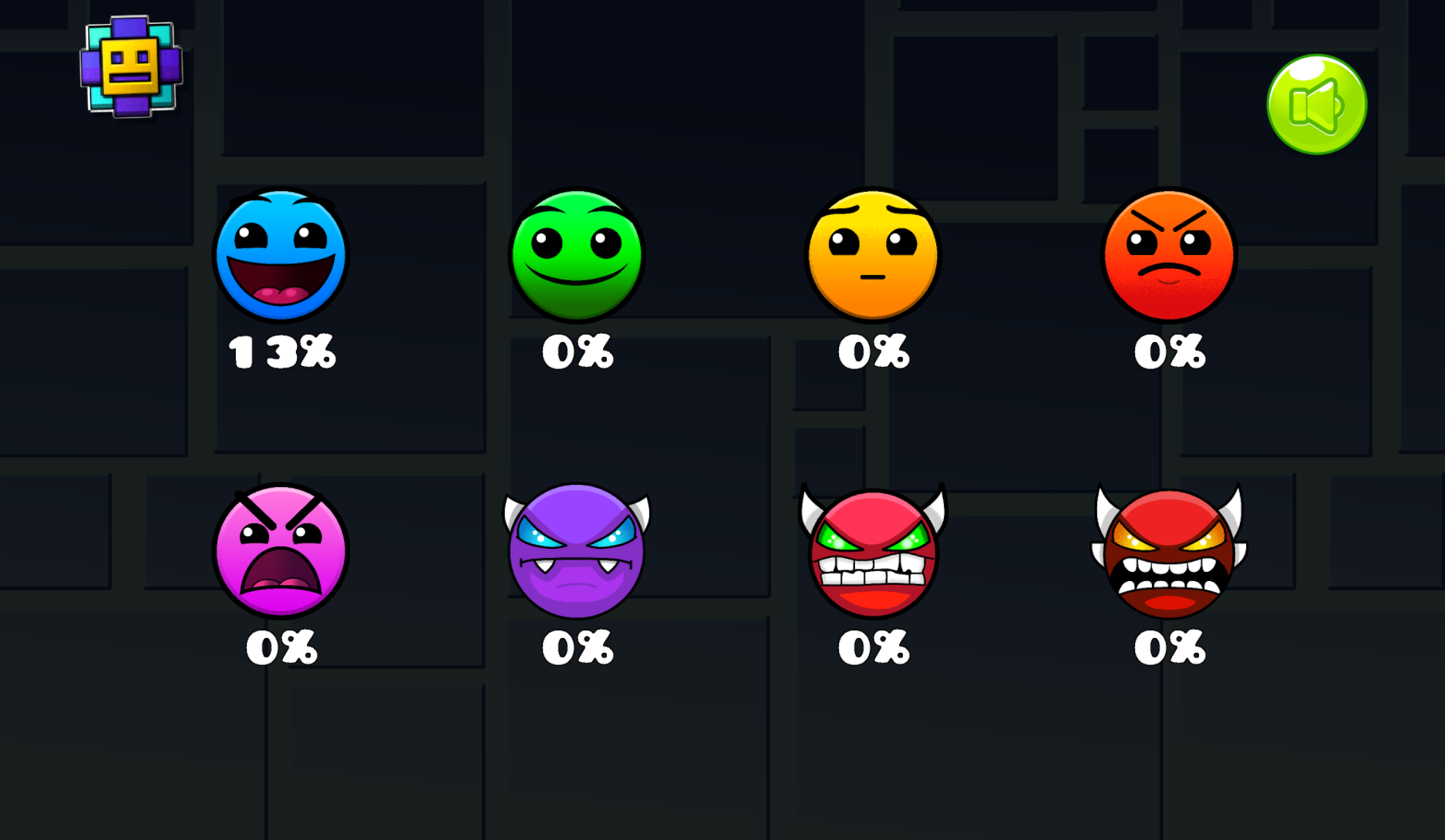BloodMoney: Click under pressure, count the cost
Keep exploring
Continue your Poly Track hot lap streak with more custom circuits, speed trials, and tuning guides.

Hotline Miami

The Impossible Quiz

BLOODMONEY 2

Retro Bowl 26

Human Expenditure Program

Take Care of Your Own Shadow Milk

Geometry Dash Wave

Take Care of Your Own Burning Spice

Dino Game

Underwheels
Play BloodMoney in your browser
Make every click count before the clock runs out
BloodMoney is a narrative clicker about scraping together funds when time, health, and hope are running thin. You play as Harvey Harvington, a musician whose savings have evaporated while a medical deadline barrels toward him. In BloodMoney, every interaction is a decision with ripples: a shift you pick up might pad your wallet while draining morale, a favor you accept could speed up the goal while staining your conscience, and a quiet night in may restore energy while letting the bills win. The loop is simple—click to chase income, allocate resources, and choose your next hustle—but the emotional math never is. BloodMoney uses stark UI, crisp prompts, and a lean soundtrack to keep your focus on the tradeoffs, building tension without cheap tricks. Where many idle games blur into background noise, BloodMoney insists you listen to what your progress costs, magnifying small choices into defining moments as the deadline approaches.
How the loop works—and why it sticks
Across short sessions, BloodMoney challenges you to weigh speed against stability. Earn cash with quick taps, then invest that momentum into gigs, side hustles, or riskier shortcuts. Some options deliver cash fast but spike stress; others pay modestly while preserving sanity. BloodMoney tracks fatigue, mood, and relationships, pressuring you to rest, message a friend, or eat a decent meal before collapsing into a spiral of mistakes. The design rewards intentional pacing: sprint, then recover; accept a rough job, then take a breath; commit to a questionable offer, then deal with the fallout. What makes BloodMoney different is how your ledger feels like a diary. Each line item hints at a night you’d rather not remember, a compromise you can’t quite defend, or a promise you made to yourself and broke anyway. As you click through options, the interface never mocks you—yet the totals on the screen quietly ask whether this is the path you wanted.
Systems that create story without cutscenes
BloodMoney treats meters as characters. Stress isn’t just a number; it reshapes which opportunities you’ll even see. Exhaustion doesn’t merely slow income; it tempts you to cut corners. When you flirt with burnout, BloodMoney surfaces choices that feel scarily convenient: fast cash for a favor you’d sworn off, overtime at a cost you thought you wouldn’t pay. On better days, the game opens doors to steadier work and warmer conversations that stabilize your run. None of this relies on long exposition. Instead, BloodMoney lets you infer Harvey’s history from what the world offers him under pressure. A worn guitar case and a crumpled bus pass in the UI hint at nights busking under dead streetlights; a text chain nudges you to call someone you’ve been avoiding. The final total in BloodMoney is not only money earned, but a lived record of which lines you crossed to get there.
Multiple routes, tight runtime, real replay value
Because sessions are compact, BloodMoney invites experiments. Try a clean run devoted to legitimate work, then contrast it with a path where you accept a shady courier shift at 2 a.m. Feel how pacing matters: stack modest gigs early, preserve your energy, and hit larger payouts later—or race toward the goal and deal with the hangover. BloodMoney branches lead to several endings, each reflecting what you tolerated, refused, or rationalized. Failures are informative instead of punishing; you’ll understand where the plan cracked, then dive right back in with a sharper strategy. This brisk loop makes BloodMoney perfect for a lunch break or late-night session, yet the questions it raises tend to follow you into the day.
Tips for keeping head and wallet above water
First, plan your sprints. BloodMoney rewards bursts of activity followed by recovery, so schedule rest as deliberately as income. Second, track compounding effects. A little extra stress today can snowball into worse offers tomorrow, while a quick check-in with a friend might unlock steadier options. Third, set soft lines you won’t cross—then notice when you’re tempted to move them. BloodMoney doesn’t judge, but the logbook makes drift visible. Fourth, diversify small gains. A handful of safe, repeatable jobs can outrun one risky deal that seems irresistible in the moment. Finally, keep an eye on timing: some opportunities in BloodMoney are better earlier or later within the countdown, and knowing when to say no is as valuable as any click.
Why this clicker hits harder than it looks
Minimalist presentation lets you project your own memories and worries onto the screen. BloodMoney leverages understatement: muted colors, direct prompts, and sparse sound design that leaves room for your heartbeat. Instead of flashy artifice, the game uses the rhythm of choosing, waiting, and seeing consequences arrive. That cadence is where BloodMoney lives. The tension isn’t about defeating a boss; it’s about recognizing yourself in the ledger. When a small compromise becomes the new normal, you’ll feel it. When you manage a clean streak, you’ll feel that too. Because BloodMoney is honest about how people get through hard weeks, its victories feel earned and its worst detours feel uncomfortably believable.
Who will love BloodMoney
If you enjoy story-forward games that respect your time, BloodMoney is ideal. Fans of choice-heavy adventures will appreciate how outcomes flow from clear mechanics instead of arbitrary twists. Players who normally bounce off idle titles may be surprised by how focused and human BloodMoney feels. And if you like to dissect systems—mapping optimal routes, testing constraints, and comparing endings—there’s a dense, replayable core here. The browser format means no setup and no friction: open, click, and immediately confront the tradeoffs that define the run.
Accessibility and pacing
BloodMoney’s interface favors clarity: readable fonts, clean contrasts, and concise tooltips. Sessions are short enough to pause without losing context, making it friendly for busy schedules. There are no twitch reflex checks; every meaningful choice can be considered. That said, the subject matter is heavy. BloodMoney handles desperation with care, but the themes may linger. The design never sensationalizes hardship, aiming instead to foreground agency within constraints. If you need a moment, the game waits. When you come back, BloodMoney picks up exactly where your ledger left off.
One more run—one more version of you
On your first attempt, you’ll likely chase the fastest path and learn why it’s costly. The second time, you may build a steadier income and end with a different kind of pride. By the third, you’ll notice patterns: which jobs subtly poison your week, which conversations open doors, which nights are better spent sleeping. BloodMoney doesn’t pretend there’s a perfect route; it simply shows how different values produce different results. When the final screen totals the bills and choices, you’ll see not just a number, but a story of how you navigated a tight corner with the tools you had. Close the tab, and you may still hear the click-count of that last sprint. Then, like many players, you’ll return to BloodMoney for one more try—not to chase a single best ending, but to see who you become when the deadline moves a little closer and the stakes feel a little more real.
Play BloodMoney now to test your strategy, your pacing, and your principles. The controls are simple. The cost is not.
BloodMoney: Click under pressure, count the cost is ready to play
Build cash under pressure as Harvey in BloodMoney. Balance honest work and risky shortcuts, manage stress and time, and unlock stark endings in a gripping clicker narrative.
Share BloodMoney: Click under pressure, count the cost
Spread the word, invite friends, or bookmark this page to revisit the story whenever you need it.